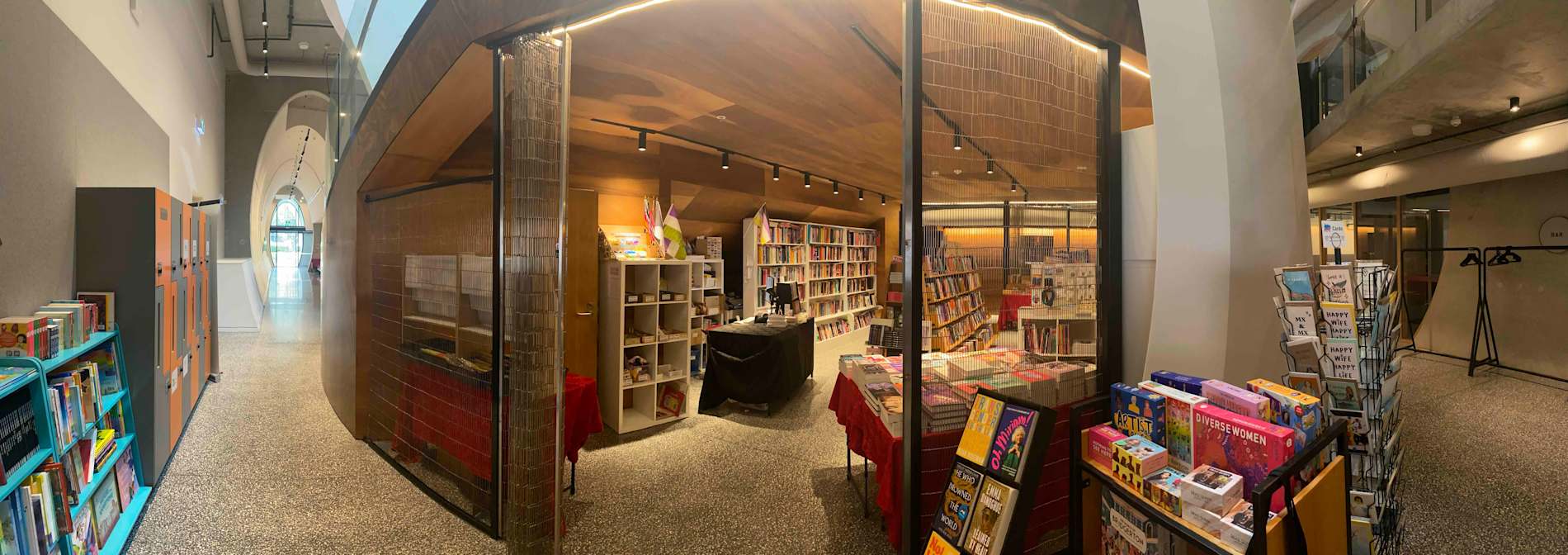
Read the Charter of Independence here.
Over the last three decades, Rowland Thomson has been selling queer joy, dreams and hopes hidden in the pages of the books at his store, Hares and Hyenas.
It has remained, over those years, the only brick and mortar bookstore to do so in Melbourne.

An article by Q News showed that the early 1990s was a period of positive reform for the LGBTQIA+ community in Australia.
This was also when Hares and Hyenas set up its first store on Commercial Road in the Melbourne suburb of South Yarra.
In the years since, Australia’s LGBTQIA+ population has grown to become more recognised and represented.
Australian Bureau of Statistics figures show that 4.5 per cent of the population aged 16 years and older identify as being a part of the community. Less than 1 per cent identified as trans, non-binary or gender diverse.
Hares and Hyenas’ choice to remain queer-inclusive in the years since is itself a record of that recognition.
Thomson said the establishment of the store was inspired by demand for queer books in the 1980s, which bookstores at the time had difficulty keeping up with.
“When we first opened, there were a few transgender titles, and in fact, there were so few that we were stuck in titles that weren’t positive to trans people.
"But at the same time, trans communities were still reading these titles, because they were looking for books that represented them,” Thomson said.
He said it's important to support independent bookstores, because they have been losing sales to larger bookstores and e-delivery services.
On a national level, according to an IBISWorld Industry Report, the bookstore industry is highly competitive.
The best way to support bookstores is to buy books there, Thomson said.
But he also said that the importance of spaces like Hares and Hyenas was that they had the advantage of range, with a more diverse and varied selection to choose from and a staff with a greater understanding of what people want.
“We’ve learnt over the last three or four months that you can’t assume that allies will stay allies, when the going gets tough," Thomson said.
"With queer-owned and run businesses ... you hopefully can know that they will be in it for the good fight ... We’re a part of the fabric of the community.”